- All
- Software Development
- CTO as a Service
- ECommerce
- Web & Data Scraping
- Enterprise Development
Latest Blog
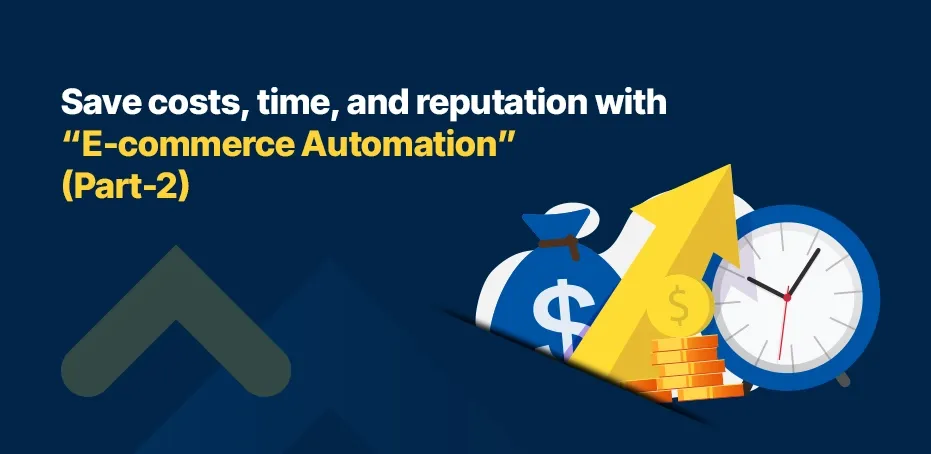
Save Costs, Time And Reputation With eCommerce Automation (Part 2)
When three or more individuals engage in a single process, efficiency may suffer. Human error and lax communication pose a significant risk to business growth.According to Unit4's survey, office staff spends up to 552 hours = 69 days on repetitive tasks yearly.Manual data transfer through multiple platforms with minimum integration capabilities invites errors and data loss. Too many mistakes and time loss cause tarnished business flow and customer satisfaction. Processes completed in reaction to a particular task should require automation.McKinsey reports that over 60% of professions have at least 30% automation-fit processes. Besides, modern technology can help businesses automate 45% of manual tasks.Proactive software-driven task execution has proven to free businesses from manual efforts and boost time efficiency. Here we come again with Part 2 of our “Save Costs, Time, And Reputation With E-Commerce Automation” blog.Let’s dive in and discover e-commerce processes you can put on auto-pilot:6. Flag and cancel high-risk orders beforehandE-commerce scam is a complicated and costly yet common problem. Payment fraud loss has tripled from 2011 to 2020, $9.84 billion to $32.39 billion respectively. Every stakeholder must know the risks.While online businesses face constant threats from fraudsters, leveraging automation can mitigate risks effectively.Automated systems can detect and flag suspicious orders, such as large transactions or from unfamiliar locations. Once flagged, these orders can trigger actions like Sending high-risk order notifications before payment completionCanceling transactions Reporting and investigating the order historyTools like NoFraud, FraudBlock, or Kount use AI to detect and prevent high-risk orders, protecting your store's revenue and reputation. Inefficient operations can cost businesses up to 30% of their revenue annually, highlighting the importance of eCommerce automation.7. Understand data and optimize business intelligenceToday's E-commerce dynamic demands easy technology integrations and responsive design for business sustenance. Understanding analytics and their connection to E-commerce workflow automation powers informed decision-making, facilitates new technology adoption, and nurtures organizational structure.For example, automation keeps the order fulfillment processes from crashing during demand spikes and maintains steadier inventory management. A successful and high-performing distributed inventory management system is an outcome of automation.What automation techniques help achieve business intelligence?Techniques like data integration deal with multiple platforms and consolidate diverse and complicated data operations into one digital unit. This enables seamless data transfer between e-commerce platforms, Enterprise Resource Planning (ERP) systems, and other platforms, resulting in faster order fulfillment cycles.Generating crucial insights from raw data enables businesses to understand their performance and long-term scope.Always prioritize flexible and adaptable automation solutions to ensure accuracy and agility, across the latest distribution channels, marketplaces, and applications.8. Personalize with your audience with software-driven marketing campaignsAutomation-driven real-time analytics enable operations around the clock — a critical factor for keeping customers engaged globally. Integrating e-commerce with ERP systems maintains up-to-date inventory data. At the same time, automation provides quick data analytics and insights potent for in-time decision-making.Marketing automation tools like HubSpot, Zapier, or Mailchimp streamline processes such as automated email marketing and loyalty programs and managing paid ads on platforms like LinkedIn, Google, Facebook, etc. Don’t wanna buy an entire software hub for a few features? Find cost-effective solutions for your business needs. Customize your features These tools empower marketing teams to continuously improve their strategies and initiate targeted follow-up actions using metrics like email performance and social media interactions.Marketing automation enables features like Pop-up ads and abandoned cart emails that help attract and retain customersInsights dashboards with business-critical data for analysis and better decisions Improved marketing and promotion are precursors to eCommerce success, while automation enables easier customer segmentation and personalized messaging across social platforms — leading to positive results and reputation. 72% of successful businesses have applied automation-driven marketing campaigns and achieved phenomenal results.Marketing Automation Report 20219. Request customer reviews and manage the negative ones Customer reviews wield immense power over your store's success since a whopping 90% of shoppers see them before hitting the "buy" button. Yet, the challenge lies in securing these reviews that are also good. Customers seldom share their thoughts after buying a product, making reaching out and collecting reviews difficult. Thanks to automation systems, the golden keys to real feedback collection. These tools automate follow-ups with customers, nudging them gently for their input. Take a cue from brands like Look Fantastic, who cleverly time their feedback requests around 30 days post-purchase:However, negative reviews usually fall through the cracks. Fear not! E-commerce automation tools help you stay vigilant about any negative comments or reviews. Automation brings action-driven intelligence to your fingertips so you can address concerns and turn the odds in your favor. Explore more 10. Reduce excessive returns and retain lost customersReturns pose a significant challenge for merchants, with 84% of online shoppers willing to abandon retailers following a poor returns experience.Managing e-commerce returns is crucial for maintaining a responsive business that won’t fall prey to minor inconveniences like a lost sale and restocking expenses across various retail segments, from luxury e-commerce to subscriptions.To reduce returns and ensure transparency, avoid over-promising and set clear expectations during your marketing and sales campaigns. Creating interactive yet accurate product pages with detailed descriptions and clear images helps your customers relate better and make confident buying decisions. This attention to detail reduces the likelihood of returns.Understanding post-purchase behavior is key; leveraging timely order updates and providing user guides post-delivery helps customers maximize product satisfaction, thereby reducing return cases.However, returns occur inevitably;A powerful self-driven returns management platform allows customers to register returns online and provide printable labels or QR codes. While automating the entire process may not be feasible, careful automation measures can significantly improve efficiency and customer satisfaction:Generate prepaid returns labels for customers to print at homeSync data across CRM, inventory management systems, and carriers to prevent errors and save timeKeep customers updated about return status and refund timelinesThese automation strategies and return automation tools help E-commerce brands accelerate return processing in multiple ways:Minimizing turnaround time from receiving returned goods to restocking and resaleStreamlining the end-to-end returns processesReducing friction for both customers and merchantsUpholding customer loyalty by offering transparency throughout the journey11. Keep your customers from slipping away with pre-order salesPre-order sales allow customers to reserve out-of-stock items due to production delays, fostering customer loyalty to your brand.However, managing pre-orders requires proactive coordination and communication.You can use this automation workflow to rev this customer-first process:Sending an order confirmation email with estimated delivery dates — even if it’s months late.Updating the order management system to reflect unfulfilled orders with expected fulfillment dates.Updating inventory status to prevent overselling through automated emails while your inventory management system handles backorders.Sending reminders to customers as the delivery date approaches, including for future purchases. Bring excitement about the product they’ve bought. Offer incentives, vouchers, freebies, discounts, or loyalty deals to encourage future sales. Thanks to process automation, you can simplify pre-order sales and prevent customers from turning to competitors due to product unavailability.The Final WordE-commerce organizations should apply automation for one straightforward reason — more automation means fewer manual processes and, eventually, bigger business growth.Already impressed by the workflow automation benefits? If yes, which of the e-commerce processes will you automate? Let’s revolutionize your conventional processes from the get-go with team Qbatch. Let’s get to work
Popular Blogs
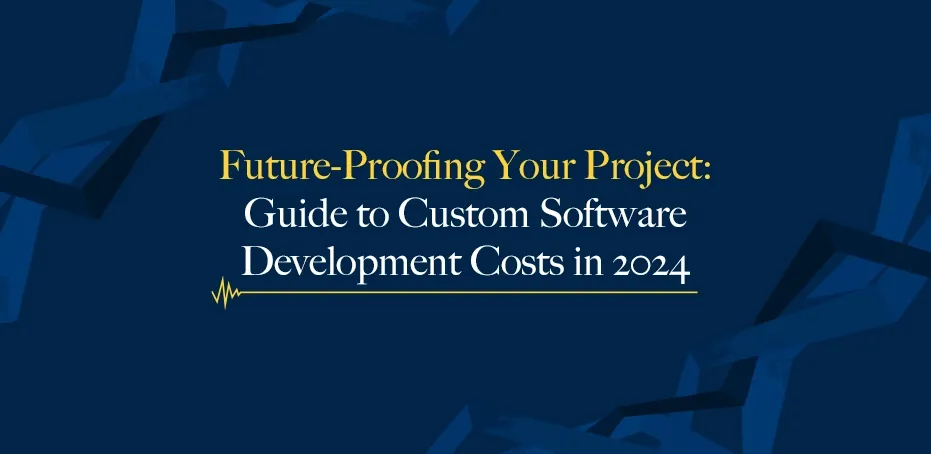
Future-Proofing Your Project: Guide to Custom Software Development Costs in 2024
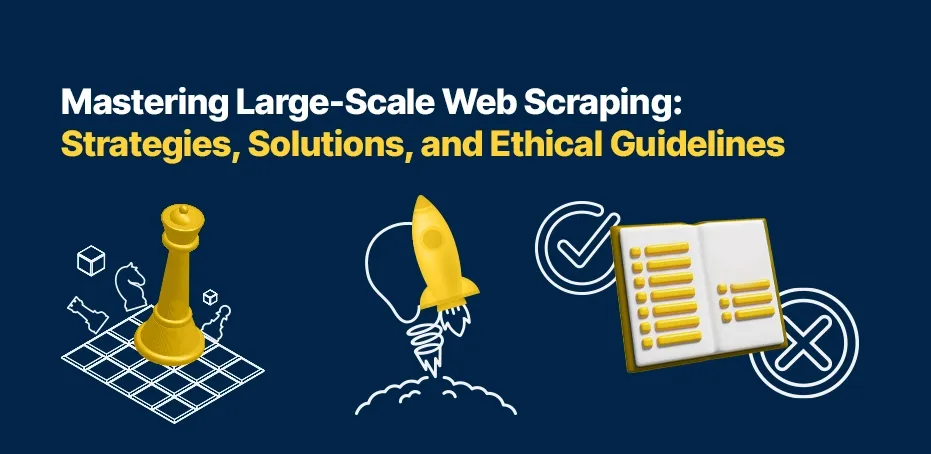
Mastering Large-Scale Web Scraping: Strategies, Solutions, and Ethical Guidelines

Is it Difficult to Trust Your New Software Development Partner in 2024?
All Blogs

Save Costs, Time And Reputation With eCommerce Automation (Part 2)
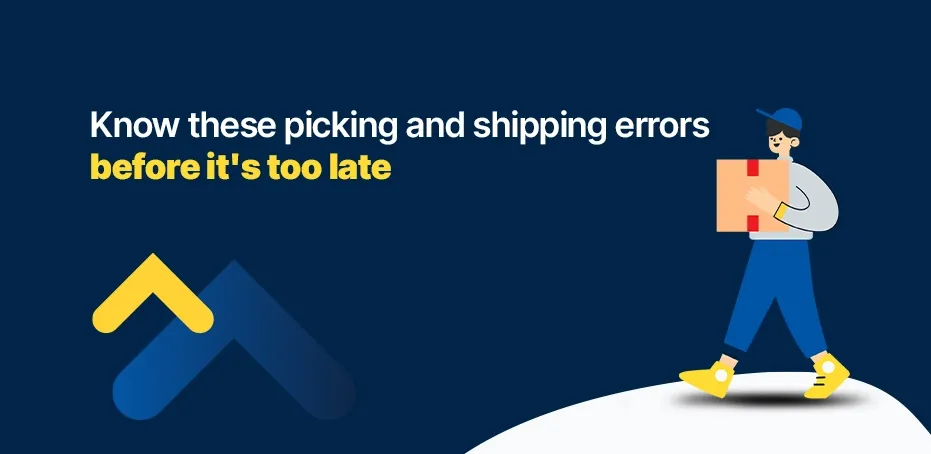

Future-Proofing Your Project: Guide to Custom Software Development Costs in 2024

Top 5 Enterprise App Development Challenges and Solutions for Leaders

Mastering Large-Scale Web Scraping: Strategies, Solutions, and Ethical Guidelines
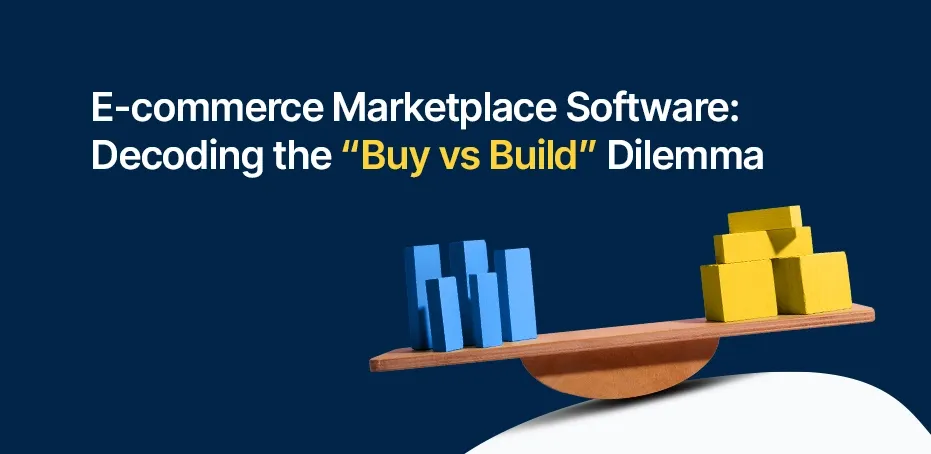
E-commerce Marketplace Software: Decoding the Buy vs. Build Dilemma
Can’t get the hang of latest tools & technology? We know, deciding & making the right investments is difficult.
No, we, won’t charge you.Start a Project
Work with the most friendly yet focused developers!
Testimonials
Here's what our clients have to say
Get top stories delivered to your inbox
Discover Qbatch
Industries
- E-Commerce
- Logistics & Supply Chain
- FinTech
- Healthcare
- EdTech
- Retail and Consumer Goods
- Travel & Transportation